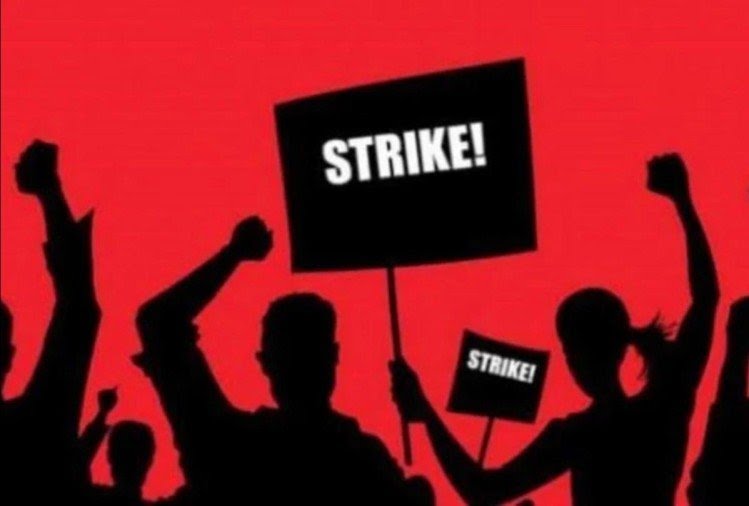Demonstration in Delhi on 23rd against the bill, electricity workers from across the country will be involved

Electricity workers across the country will protest in Delhi on November 23 against the Electricity Amendment Bill 2022 and privatization. Electricity workers of Uttarakhand will also participate in this demonstration. The Federal Executive Meeting of the All India Power Engineers Federation was held in Srinagar on Sunday.
It was decided that power engineers from across the country would protest in Delhi on 23 November. It was also decided that if the central government makes any unilateral effort to pass the Electricity Amendment Bill 2022, then all the electricity workers and engineers across the country will go on strike.
About 50 delegates from Telangana, Uttar Pradesh, Maharashtra, Uttarakhand, Punjab, Delhi, Jharkhand, Chhattisgarh, Madhya Pradesh, Jammu and Kashmir, Damodar Valley Corporation participated in the meeting. Federation Chairman Shailendra Dubey, Secretary P Ratnakar Rao, Chief Patron Padmajit Singh, Patron K Ashok Rao and PN Singh, besides Presidents and Secretaries of Electricity Engineer Associations of various provinces attended.
Electricity revolution trips before rally
Four Bijli Kranti Yatras will be started from the eastern, southern, western and northern parts of the country before the 23rd November rally which will turn into a massive demonstration in Delhi on 23rd November. Through Bijli Kranti Yatras, a massive public awareness campaign will be launched to stop the electricity workers and general electricity consumers.
Government wants to privatize the power sector
Federation President Shailendra Dubey alleged that through the Electricity (Amendment) Bill 2022, the central government is going to privatize the entire power sector. Private companies will be given the right to supply electricity using the network of government discoms. Private companies will come to make profits and use the network of the government company to generate profit by giving electricity only to profitable sectors such as industrial and commercial consumers. Only the loss-making poor domestic consumers and farmers will be left with the government companies. After this, the government companies will become pauper and then the central government will sell their entire network to private companies at a penny price.






